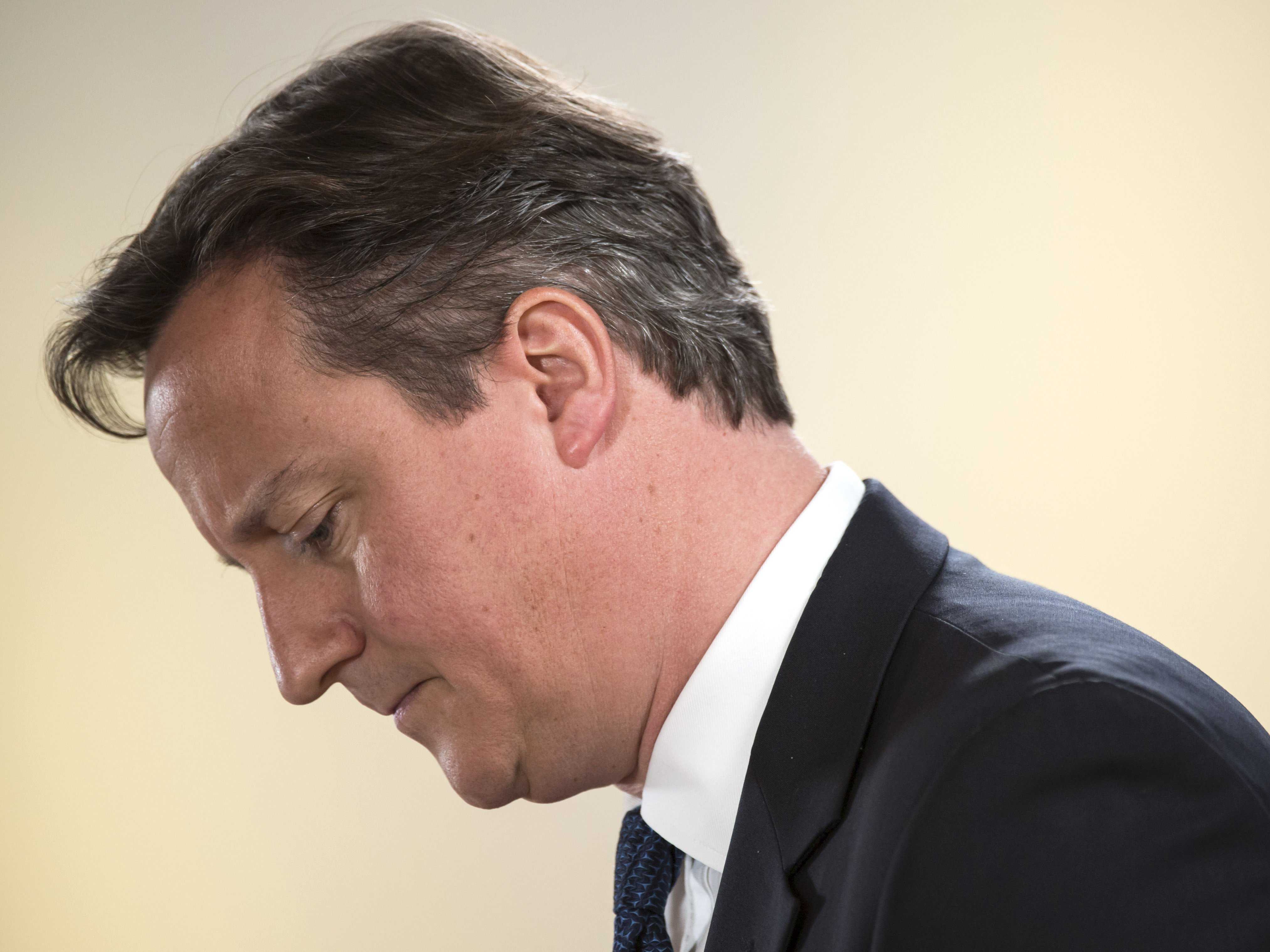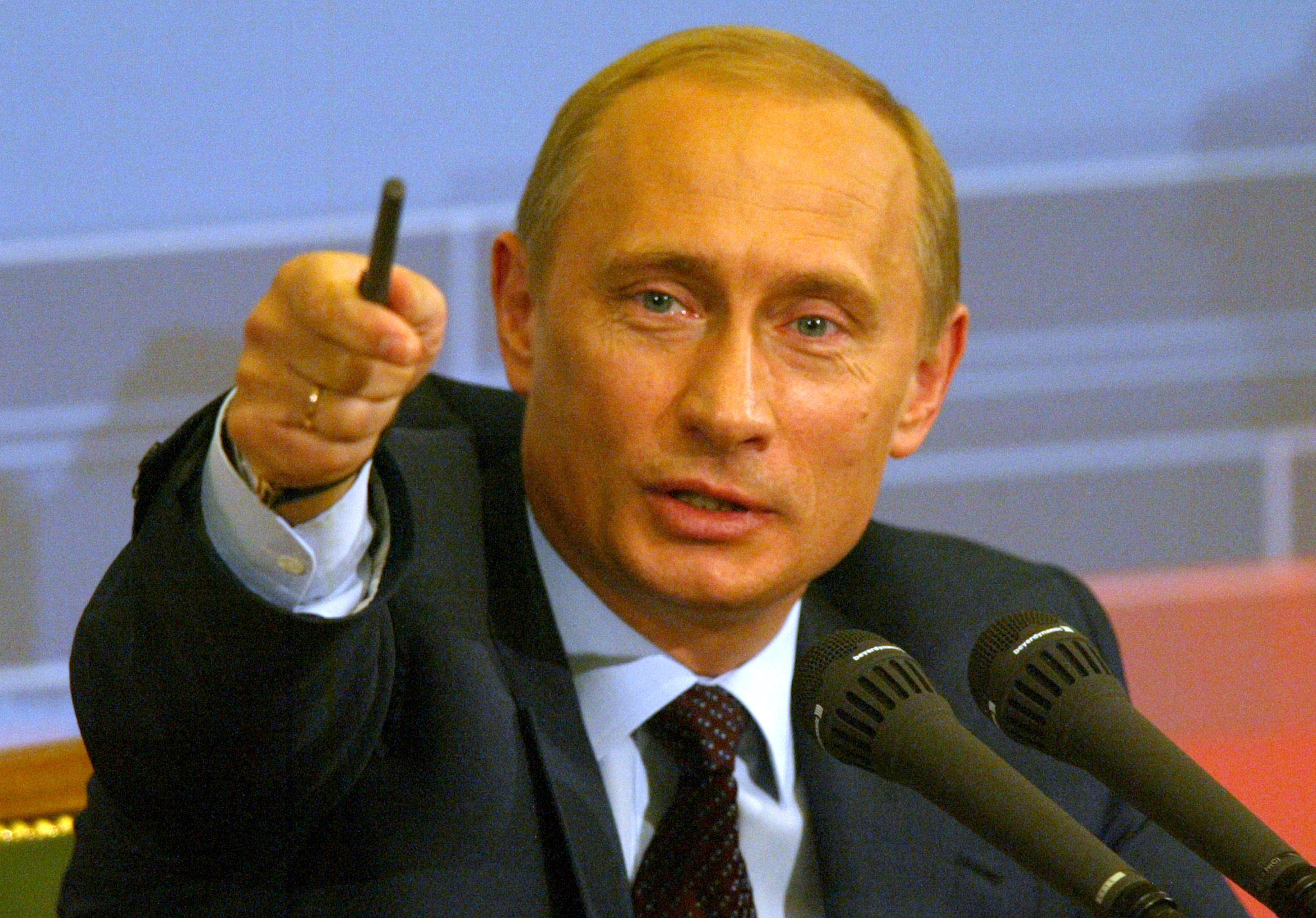By: Eli Scott

Could the nation that gave us Doctor Who, presented us with Mumford and Sons, and “invented most of the things worth inventing” (according to Prime Minister David Cameron) be fading into obscurity?
The British Empire was touted as the global hegemon for the majority of the 19th century, and it was said that it was “the empire on which the sun never set.” However, this state of unipolar power that Great Britain experienced was challenged by the United States in the middle of the 20th century, and the relevance of Great Britain has been called into question yet again with its action, or rather lack thereof, toward Syria.
In response to allegations that Syria possessed chemical weapons and the urging of President Barack Obama to support military intervention, the House of Commons voted on August 29 against Prime Minister David Cameron’s plan to authorize military intervention. This action, decidedly in contrast with the hawkish sentiments held by British politicians regarding recent intervention in Libya, has forced many to contemplate Great Britain’s role in the world of international politics.
More recently, allegations of Great Britain’s irrelevance have inundated newsstands after Dmitry Peskov, the official spokesman for Russia’s President Vladimir Putin, claimed at the G20 summit in St. Petersburg, Russia, that Great Britain was a “small island no one listens to.” But was Peskov justified in making these derogatory remarks toward the former hegemon?
Credit Suisse, a Switzerland-based international financial company, surely did not think so. Credit Suisse asserted that the United Kingdom is showing clear signs of economic recovery from the downturn in 2008 and that the island nation remains second in the world in rising demand, measured by purchasing managers’ index. Additionally, according to a study done by the United Nations, the United Kingdom possesses the world’s seventh largest economy in terms of gross domestic product (GDP), and the UK’s $2.47 trillion GDP outpaces the $1.8 trillion GDP of Russia.
As Prime Minister David Cameron argued in his impassioned rebuttal on the relevance of Great Britain, the United Kingdom’s real strength lies in its soft power. According to the World Economic Forum’s Global Competitiveness Report, the United Kingdom ranks fourth in its “ability to attract talent and fifth in overall labor market efficiency.” The presence of world-class higher education system is also the evidence of exceptional soft power.
However, despite all the aforementioned statistics, Great Britain’s role in the world is changing. This does not mean that the United Kingdom is declining internally, as many British politicians claimed after the vote against military intervention; this only means that its international role is changing. In this manner, because the vote for inaction was in opposition to interests of President Barack Obama, this changing role may include an evolving aspect in the “special relationship” that has interconnected the United States and Great Britain in military and security issues since it was forged by Winston Churchill in 1946.
As of late, though, this “special relationship” has been deteriorating due to both the United States’ focus on emerging Asian markets and the reluctance of the United Kingdom to become fully invested in Eurozone affairs and the European Union. This reluctance has forced the United States to try and forge multilateral coalitions with more European countries because it has seen that its alliance with Great Britain can no longer serve as a linkage to the rest of Europe. Accordingly, Great Britain runs the risk of losing its favor with the United States if it does not engage in increased, concerted multilateralism with the European Union.
Thus, Great Britain, by decreasing its reliance on unilateral action and bolstering its compliance with the European Union, will increase its global influence. This insistence on multilateralism in the European Union, especially within the requirement of unanimity for taking action in foreign-policy issues, will initially be vexing to hawks in Great Britain, just as the inaction toward Syria was. But this full-fledged integration into the EU will allow the United Kingdom to find its niche on the international playing field. This will allow it to act according to its resources, as evidenced by its reluctant isolationism toward Syria in light of a persisting domestic recession.
In spite of Peskov’s disparaging comments, Great Britain is not an incompetent, irrelevant nation. However, contrary to David Cameron’s rebuttal that even cited the contribution of One Direction to pop music as evidence of Great Britain’s importance, Great Britain is not a world power, either. In this Anglo-centric identity crisis, the effects of the atrocities in Syria have caused the British to look in the mirror and examine what nation they will be for now and for the future. With regards to maintaining international importance, Great Britain should fully support its newly discovered role of pragmatism and should align itself more with the EU in order to enact security and defense measures within its economic means.


